It might be worth exploring stool transplant to treat COVID-19 infection, suggest doctors in a letter published online in the journal GUT, after they used the procedure in two patients to prevent the recurrence of another bacterial infection.
As well as being infected with Clostridioides difficile, both patients also happened to be infected with COVID-19, the symptoms of which cleared up rapidly after the stool transplant.
Stool transplant, or faecal microbiota transplant (FMT) as it is formally known, aims to restore a healthy range of microbes in the gut (the microbiome) to boost the body’s immune response.
The authors describe using the procedure primarily to treat recurrent Clostridioides difficile infection in two people, just before initial symptoms of coexisting COVID-19 appeared.
The first case involved an 80 year old who had pneumonia and sepsis (blood poisoning) on top of recurrent C difficile infection. Symptoms indicative of COVID-19 infection, including fever, were confirmed by a positive swab test.
He was given remdesivir and plasma containing antibodies to SARS-CoV2, the virus responsible for COVID-19 infection (‘convalescent plasma’): so far, there’s little evidence that either of these treatments noticeably speeds up recovery from the infection.
Unexpectedly, two days after the transplant, his COVID-19 symptoms cleared up without further worsening of his pneumonia.
The second case involved a 19-year-old with a form of inflammatory bowel disease (ulcerative colitis) who was being treated with immune suppressant drugs. He was admitted to hospital because of recurrent C difficile infection.
He was treated with antibiotics and given a stool transplant to prevent further recurrence. Fifteen hours later, he developed suspected COVID-19 infection, which was confirmed by a positive swab test.
Subsequently, other than two isolated episodes of fever, his COVID-19 symptoms cleared up without being given any specific treatment for them.
The stool samples used for the transplant were tested for SARS-CoV2 as were both patients on admission. All the tests came back negative.
“Our main conclusion from these cases is that [stool transplant] appears safe and of comparable efficacy in treating recurrent [C difficile infection] in patients with coexisting COVID-19.
“A further more speculative question is whether [it] may impact the clinical course of COVID-19,” they write.
Both patients had risk factors for severe COVID-19 infection, yet both patients experienced only mild disease, “ with one possible explanation being that [stool transplant] mitigated more adverse outcomes, potentially through impacting microbiome-immune interactions,” they suggest.
These patients represent just two cases, making it hard to draw definitive conclusions on the effectiveness of stool transplant to treat COVID-19 infection. But these findings echo those of two similar published cases, say the authors.
“These data let us speculate that gut microbiome manipulation may merit further exploration as an immunomodulatory strategy in COVID-19,” they write.
As such, they plan a clinical trial to find out if stool transplant added to standard COVID-19 treatment might help stop the infection in its tracks.
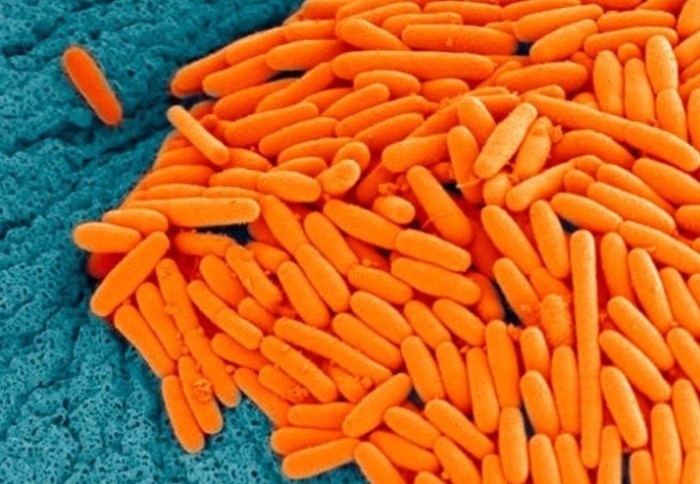
 Might be worth exploring as a treatment option for coronavirus, suggest researchers
Might be worth exploring as a treatment option for coronavirus, suggest researchers






.jpeg)

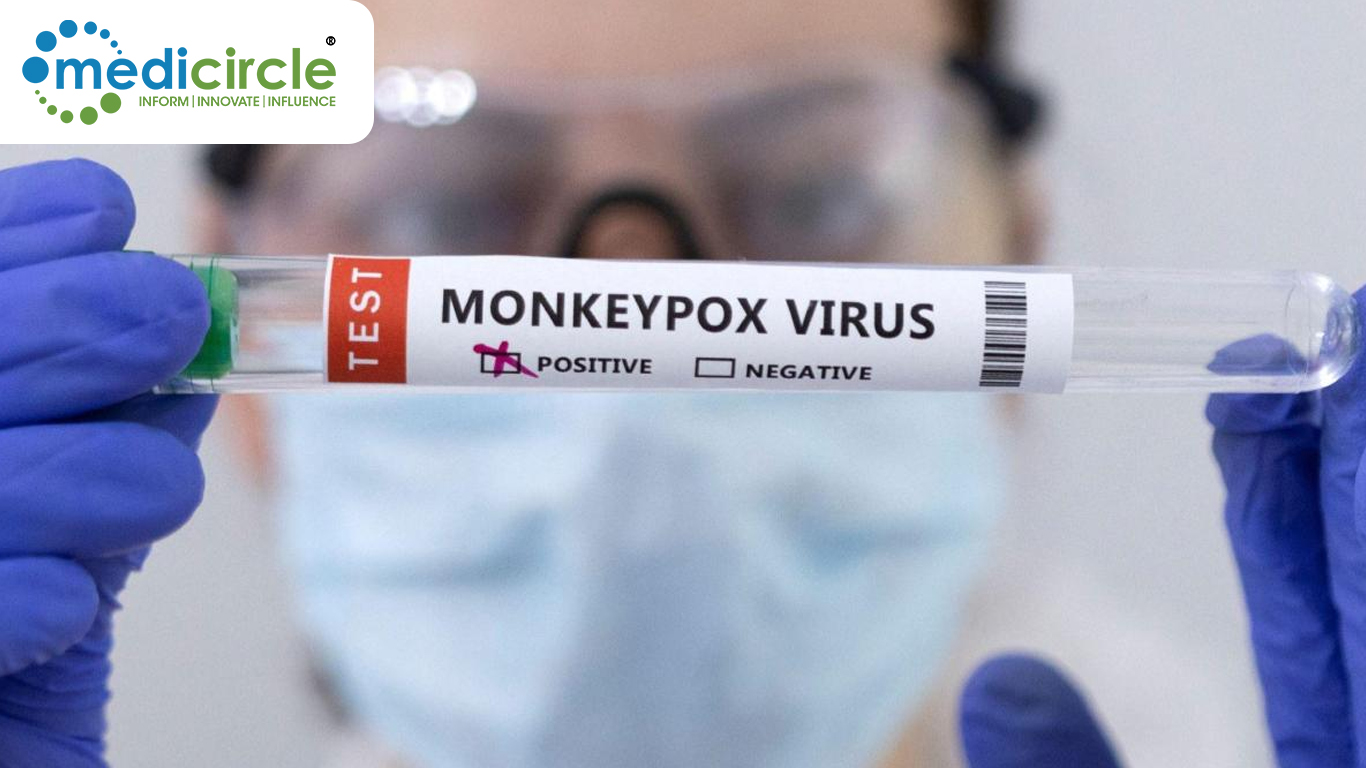
.jpg)
.jpg)
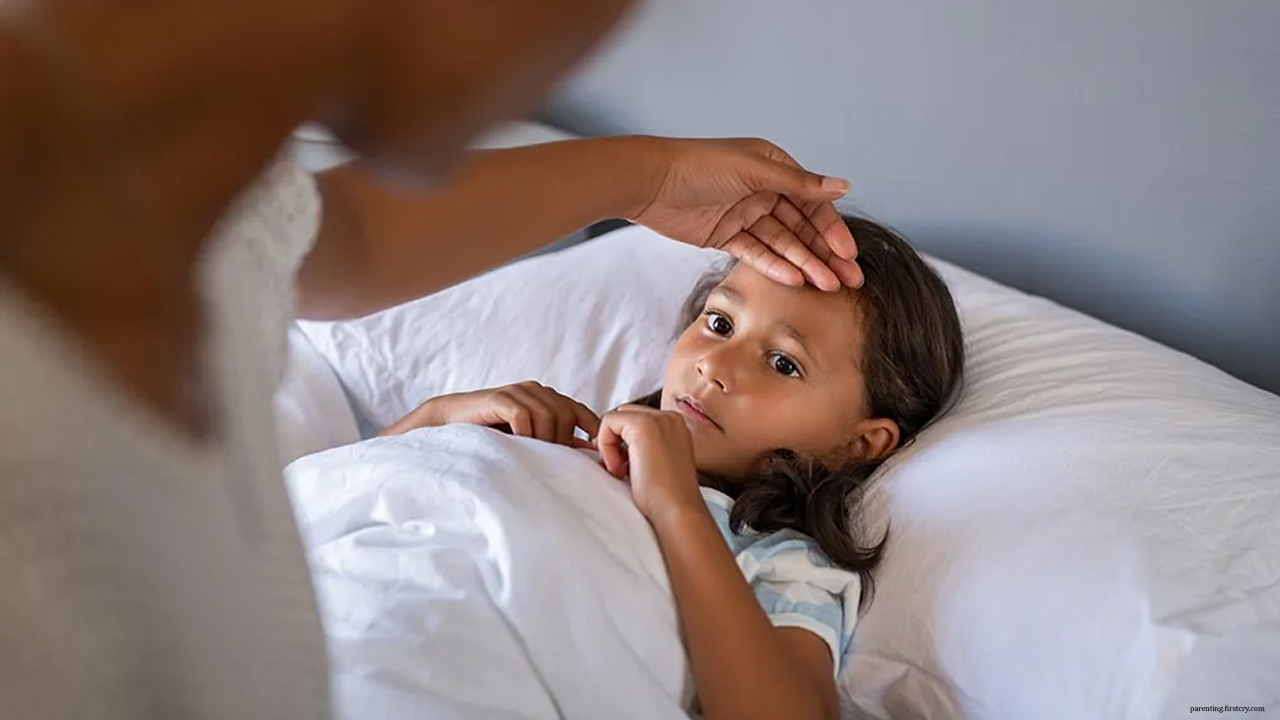

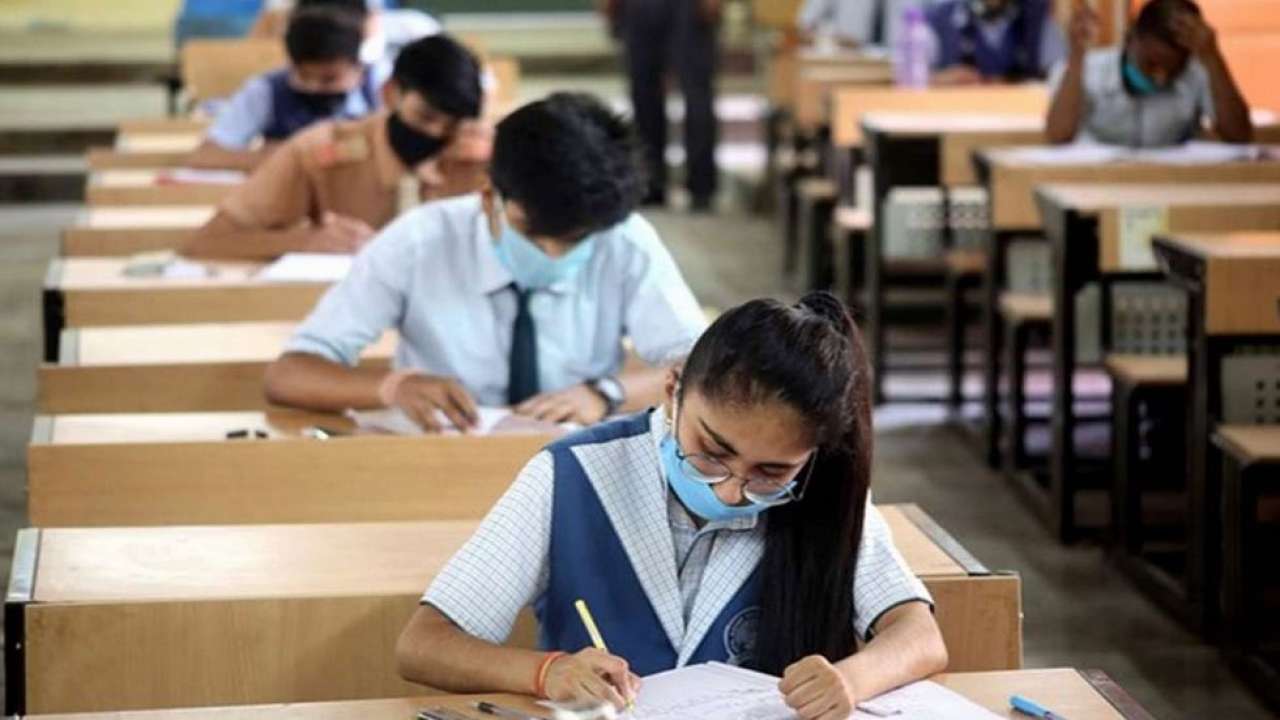
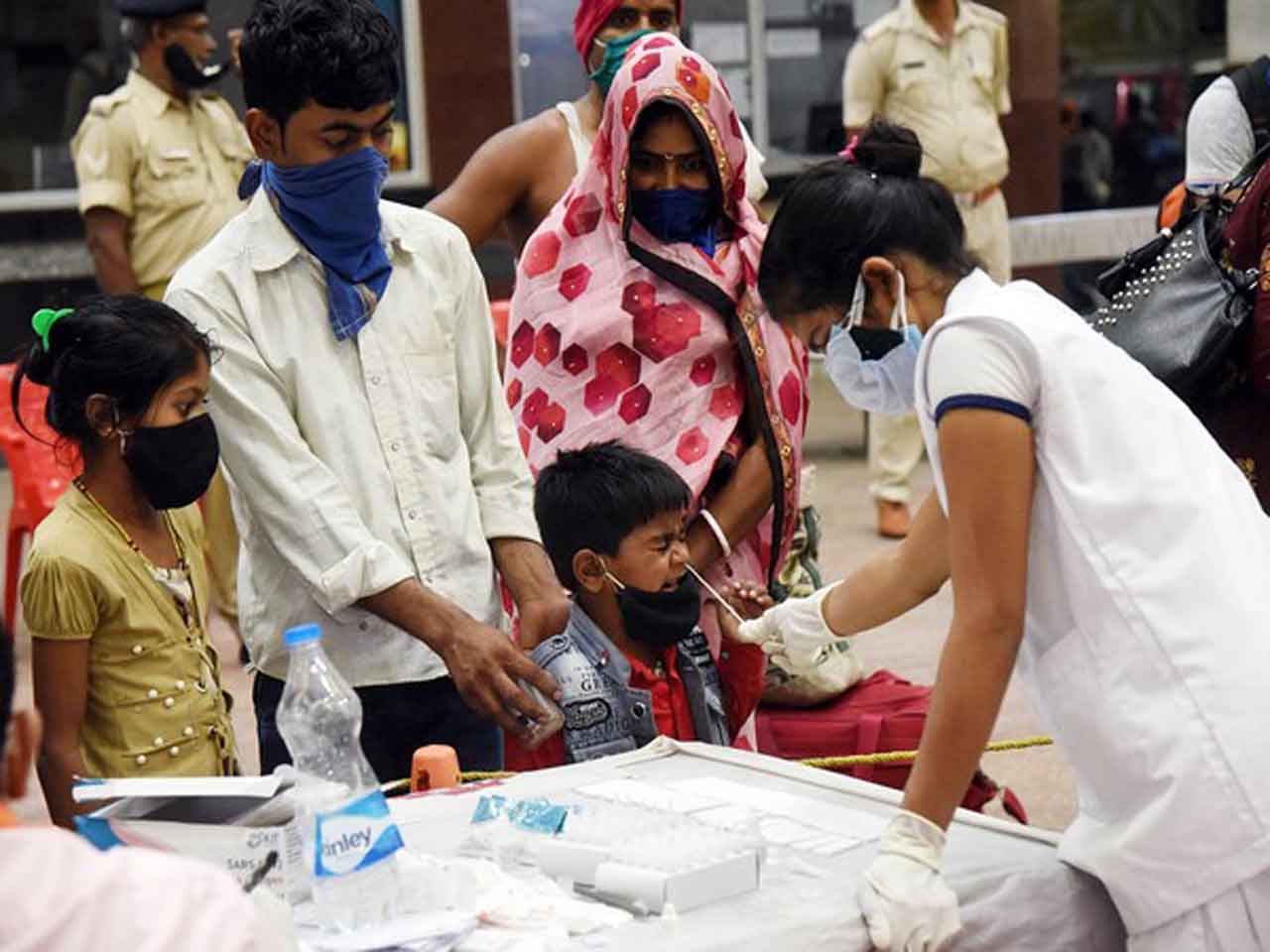
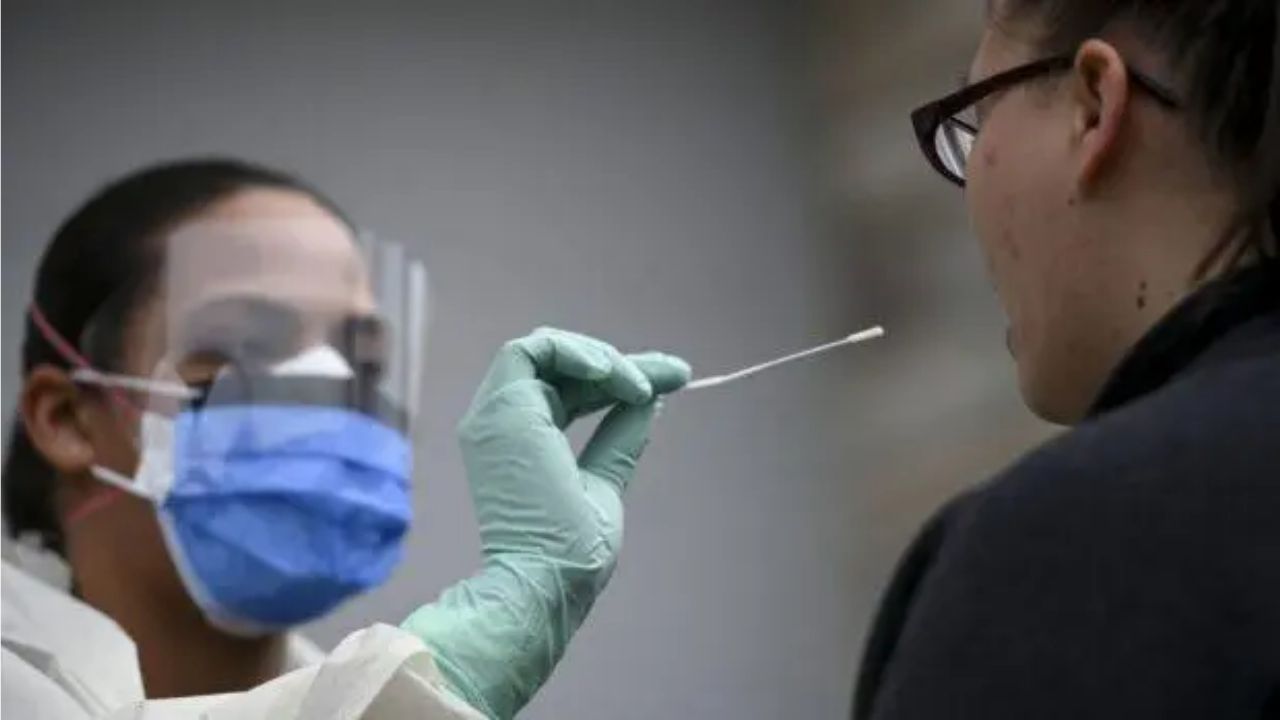





.jpeg)

.jpeg)










.jpg)




.jpg)

